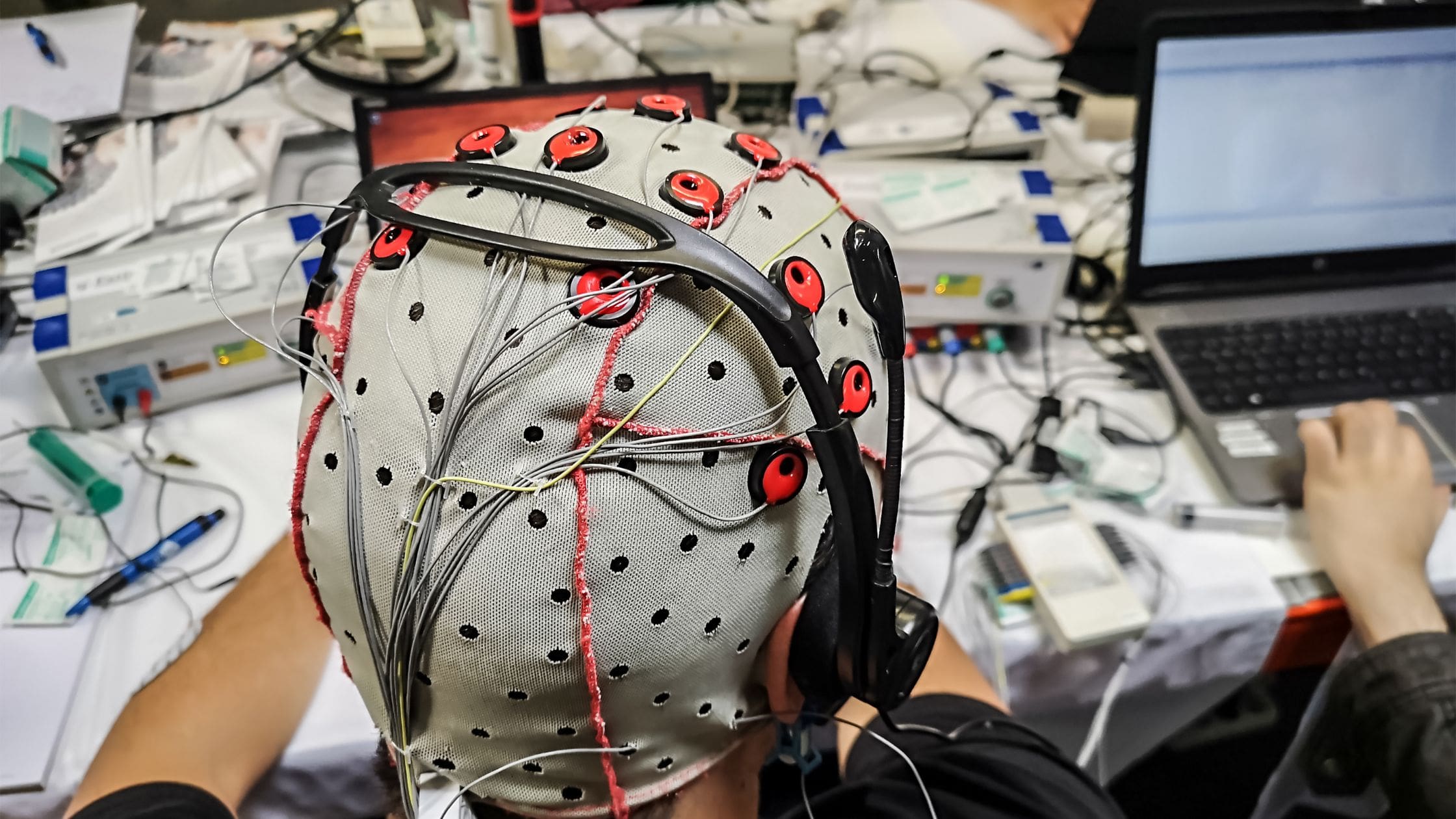In the ever-evolving landscape of scientific research, the fusion of technology and longevity has become a focal point of innovation. Big Tech players are increasingly channeling their resources and expertise into groundbreaking longevity research, promising a future where technology is pivotal in extending the human lifespan. In this article, we explore the influence of major technology companies on longevity research and the transformative ways technology shapes the future of human lifespan.
Tech Players in Longevity
In recent years, several tech giants are making substantial investments in longevity research, acknowledging the potential of technology to redefine the limits of human life.
Google’s Parent Company Alphabet
Alphabet, Google’s parent company, has ventured into the realm of longevity through its subsidiary Calico. The company, short for the California Life Company, is dedicated to tackling aging-related diseases and extending the human lifespan. With a focus on data-driven approaches, Calico is leveraging Google’s computational power to analyze vast datasets and unlock insights into the aging process.
Amazon’s Interest in Anti-Aging
Amazon, a global e-commerce giant, has also set its sights on longevity. The revolutionary company is exploring ways to address aging and age-related diseases through its secretive health and life sciences unit, Grand Challenge. The company’s vast resources and technological prowess position it as a formidable player in the quest to extend the human lifespan.
Microsoft’s Longevity Vision Fund
Microsoft co-founder Bill Gates has been a vocal advocate for longevity research. In collaboration with other investors, Gates launched the Longevity Vision Fund to support companies working on breakthrough technologies to increase human lifespan. Microsoft’s commitment to advancing healthcare technology further underscores the industry’s potential to impact longevity.
Utilizing Technology for Longevity Research
The integration of advanced technologies is revolutionizing how researchers approach the study of aging and lifespan extension through new and evolving technologies, including the following:
Artificial Intelligence and Data Analytics
These two tools have become noteworthy resources in longevity research. The vast amounts of data generated by biological research, genetic studies, and health records are being harnessed to identify patterns, correlations, and potential interventions. Big Tech’s expertise in AI is instrumental in analyzing complex biological datasets, uncovering novel insights, and accelerating the pace of discovery.
Genomics and Precision Medicine
Advancements in genomics and precision medicine are at the forefront of longevity research. Big Tech companies are contributing to innovative technologies that enable personalized medicine based on an individual’s genetic makeup. This approach allows for targeted interventions and treatments, tailoring healthcare to specific genetic factors that influence aging and age-related diseases.
Wearable Technology and Health Monitoring
The proliferation of wearable devices like smartwatches and fitness trackers, have enabled continuous health monitoring. Big Tech players are actively developing wearables that track vital health metrics, providing individuals and researchers with valuable data on physical activity, heart rate, sleep patterns, and more. These devices contribute to individual well-being and offer a treasure trove of real-time health information for longevity studies.
Biohacking and Lifespan
The concept of biohacking, the practice of using technology and lifestyle interventions to optimize health and well-being, is gaining traction in the quest for longevity.
Emergence of Biohacking Communities
Biohacking communities, often driven by enthusiasts and pioneers in health optimization, are leveraging technology to experiment with lifestyle modifications to extend lifespan. These communities utilize wearables, personalized nutrition plans, and other technological interventions to track and enhance various aspects of health. Big Tech’s contributions to wearable technology and health tracking significantly support these biohacking initiatives.
Nanotechnology and Regenerative Medicine
Cutting-edge technologies like nanotechnology and regenerative medicine are opening new frontiers in longevity research. Nanoparticles, for example, can be employed for targeted drug delivery and cellular repair. Big Tech’s expertise in nanotechnology and materials science contributes to the development of innovative approaches that hold promise for rejuvenating tissues and extending healthy lifespans.
Ethical Considerations and Privacy Concerns
While the intersection of technology and longevity offers tremendous potential, it also raises ethical and privacy considerations. The utilization of personal health data requires careful navigation of privacy issues and ethical guidelines. Big Tech companies involved in longevity research must address these concerns transparently to build trust and ensure responsible use of sensitive information.
The marriage of technology and longevity research is ushering in a new era of possibilities, where advancements in AI, genomics, wearables, and biohacking converge to redefine the limits of the human lifespan. As Big Tech continues to invest in groundbreaking initiatives, the collaborative efforts between technology and scientific innovation hold the key to unlocking the secrets of aging and reshaping the future of human longevity.




